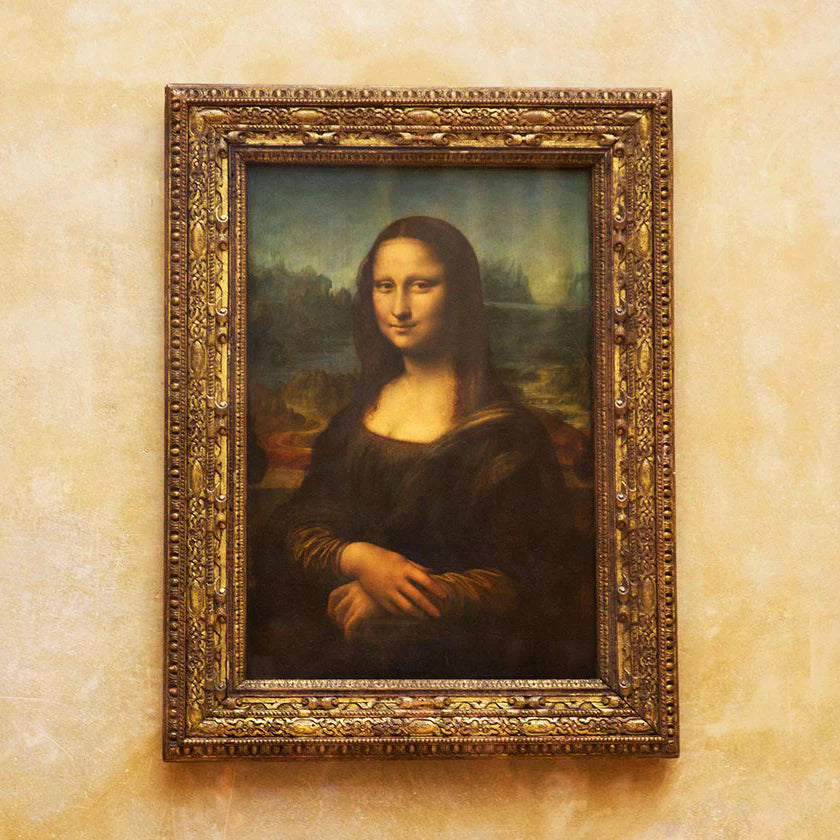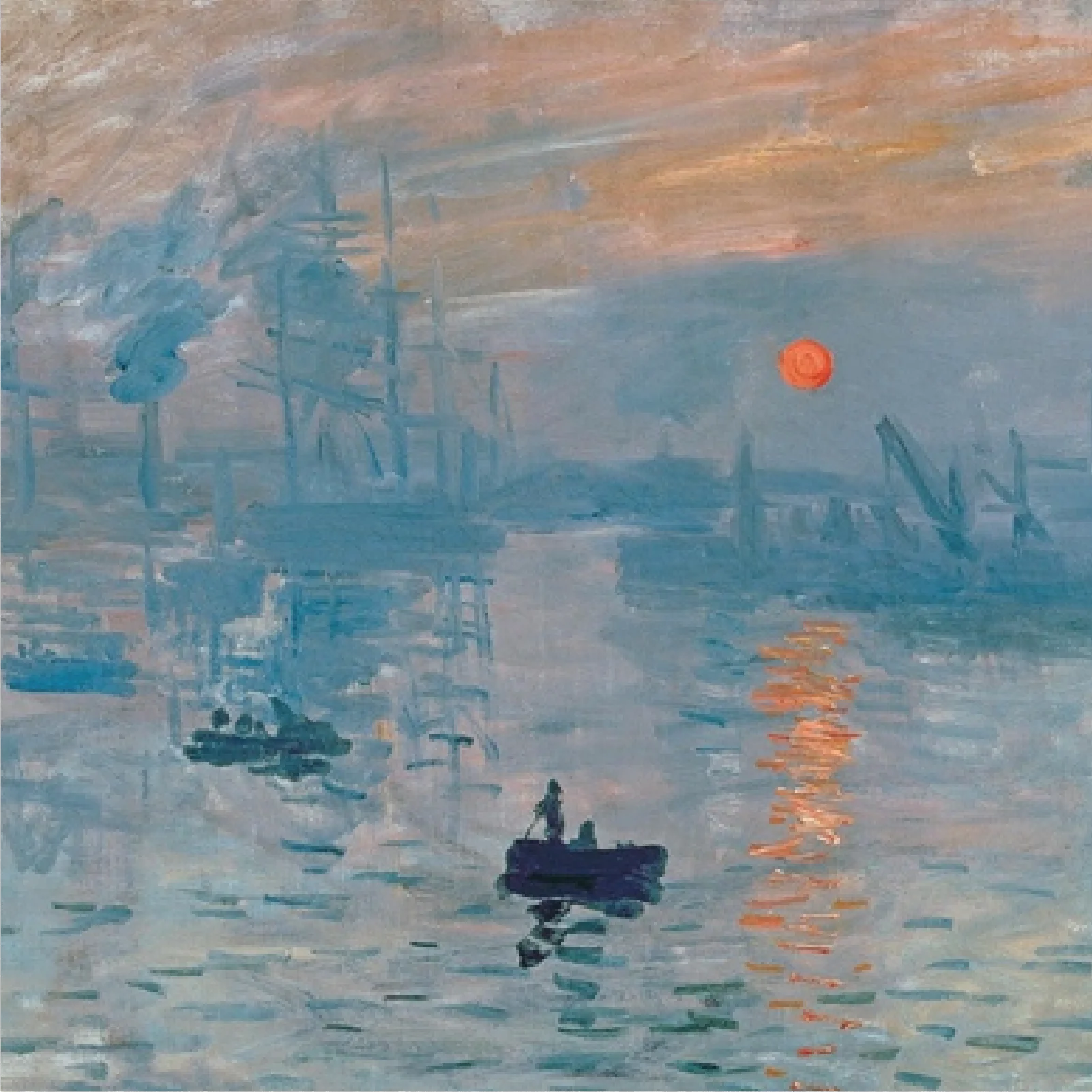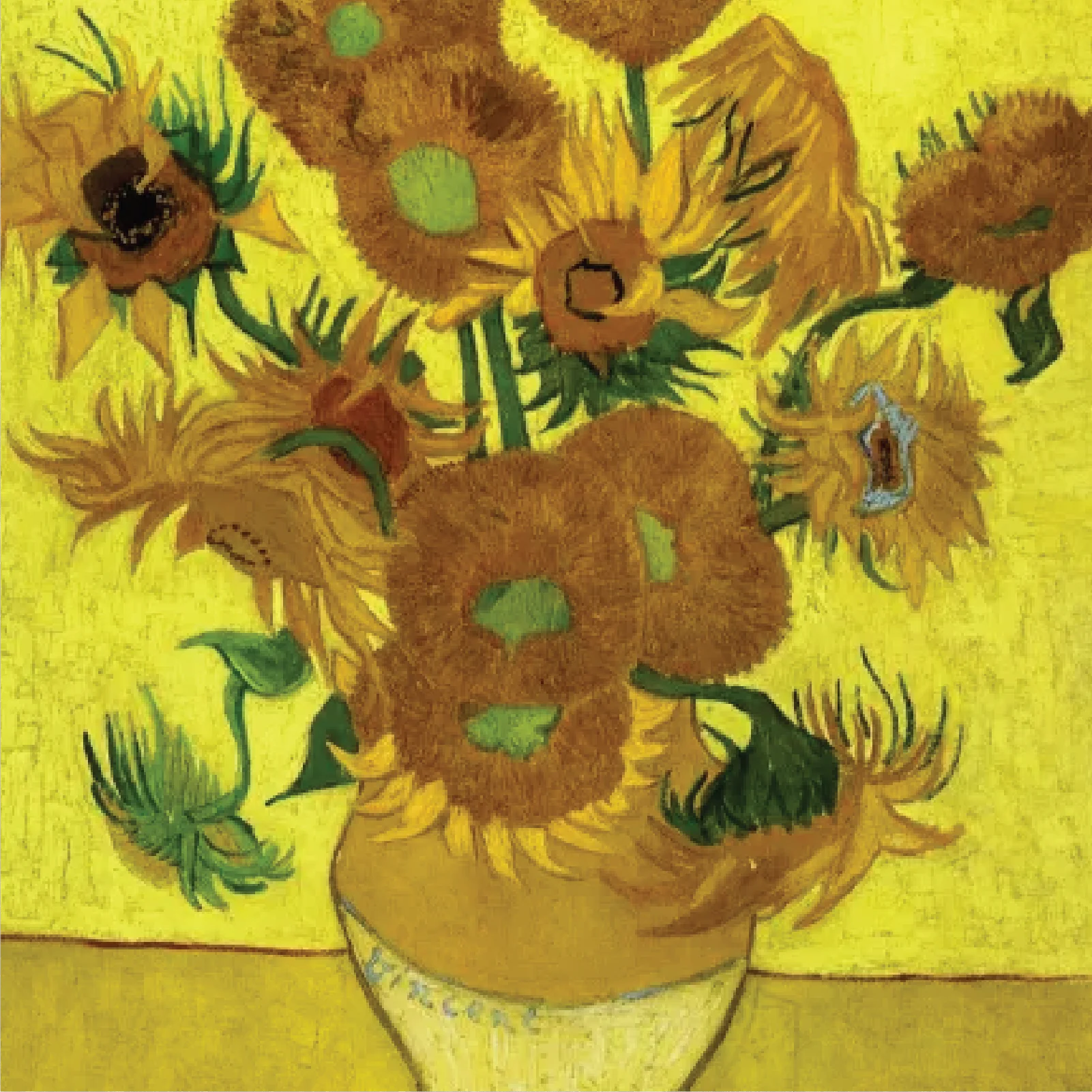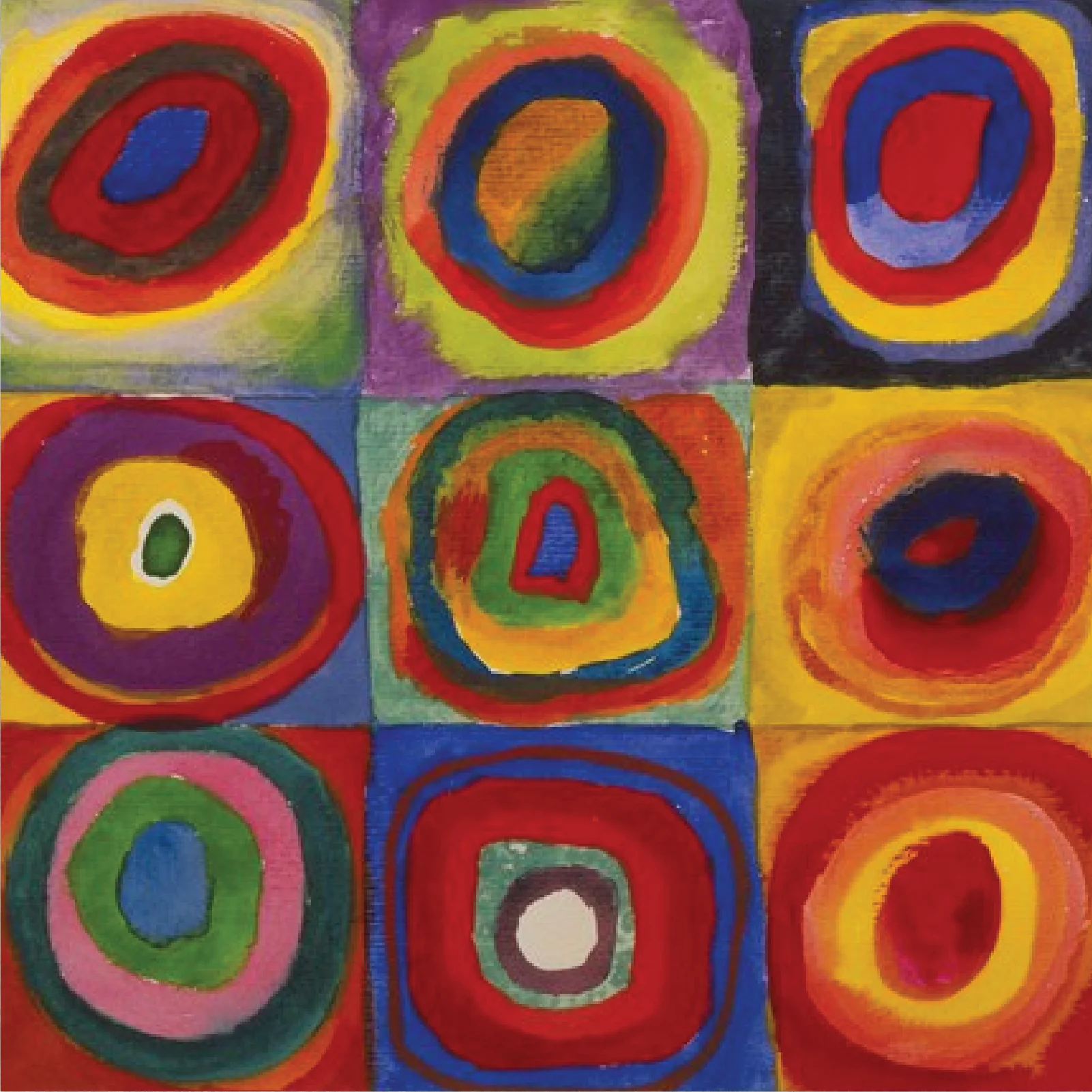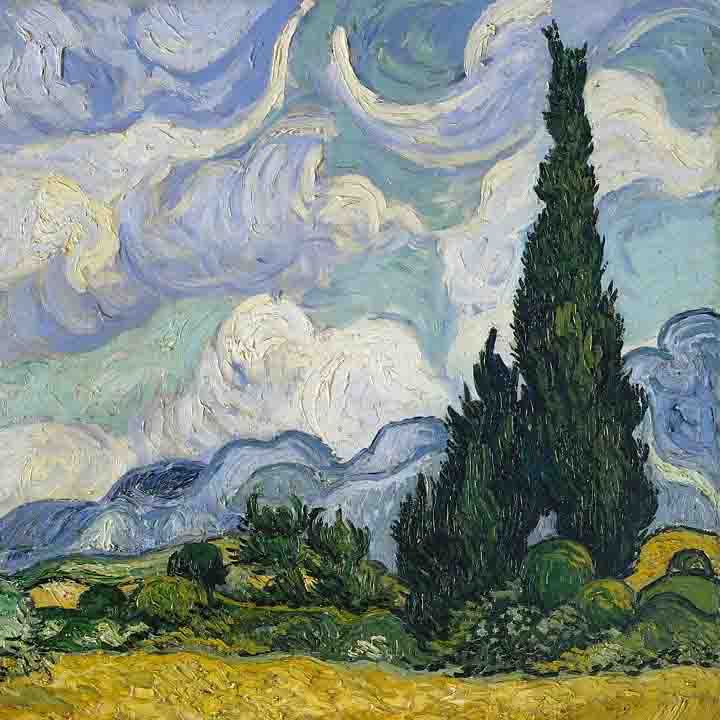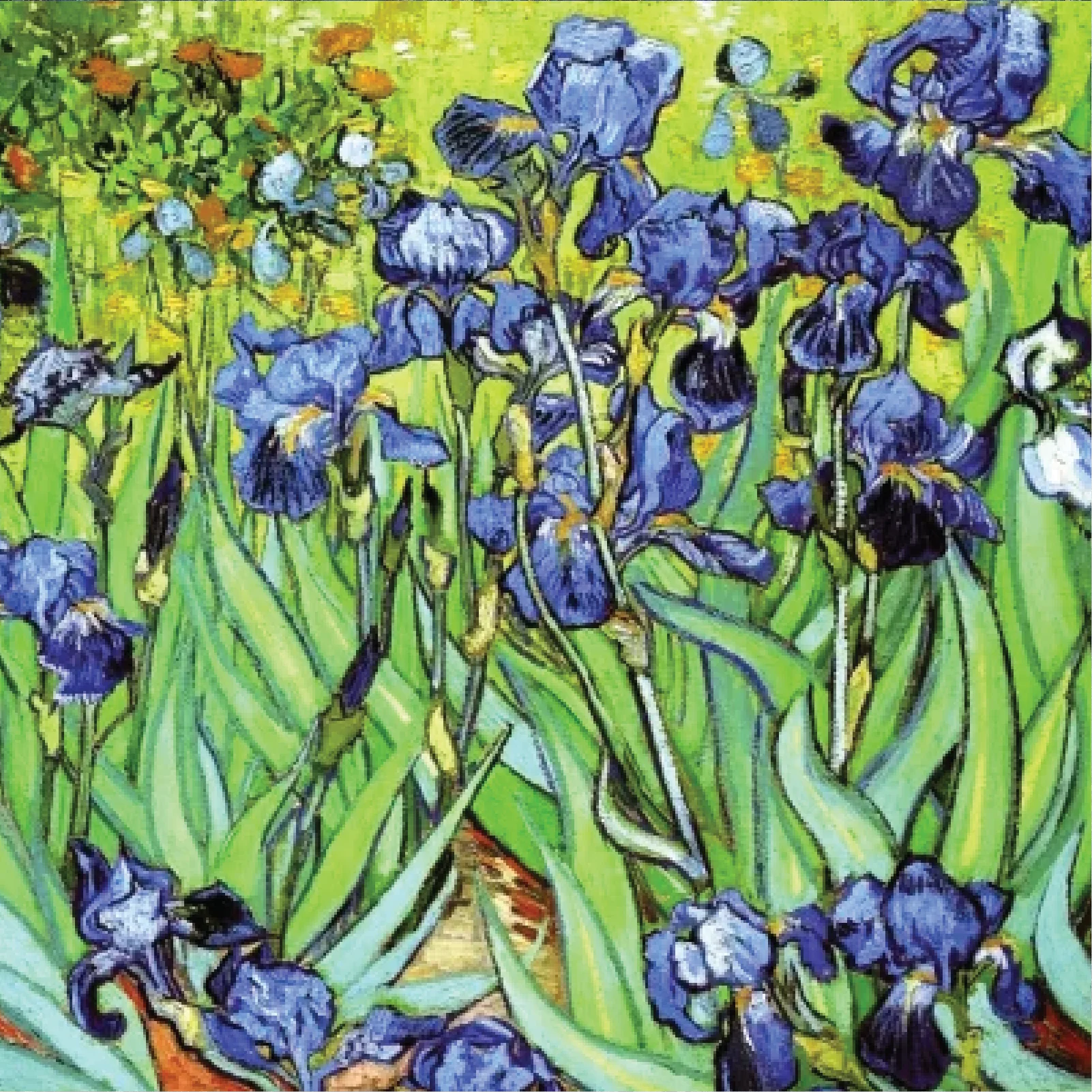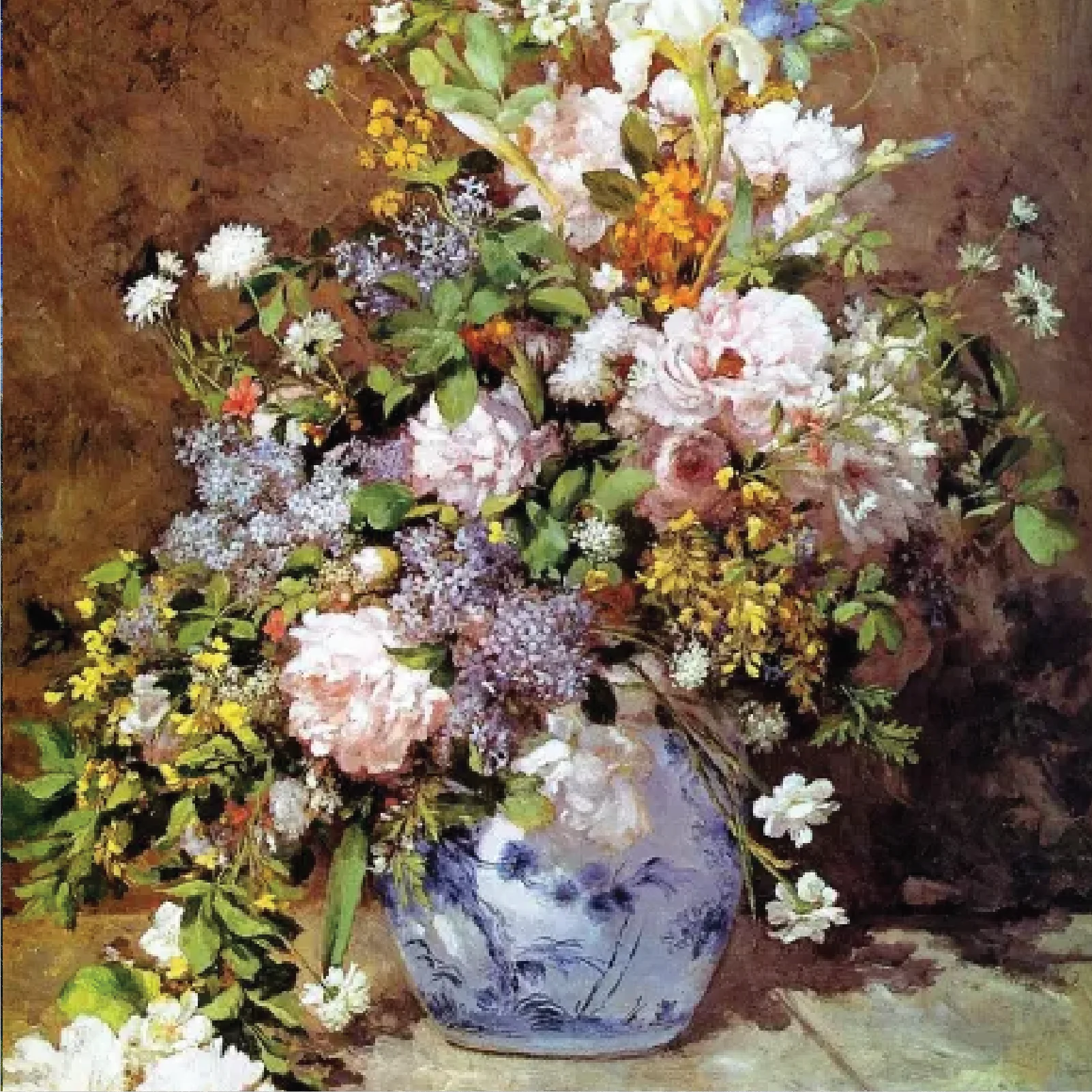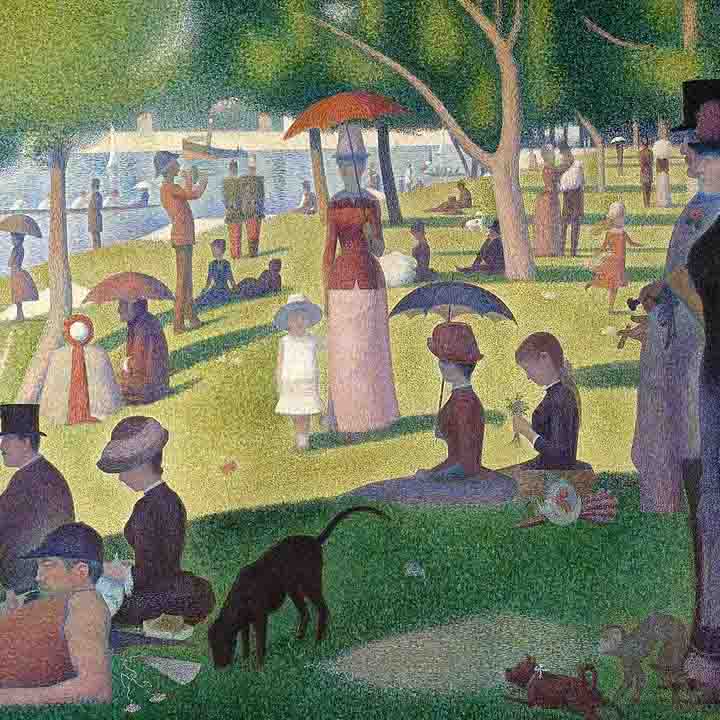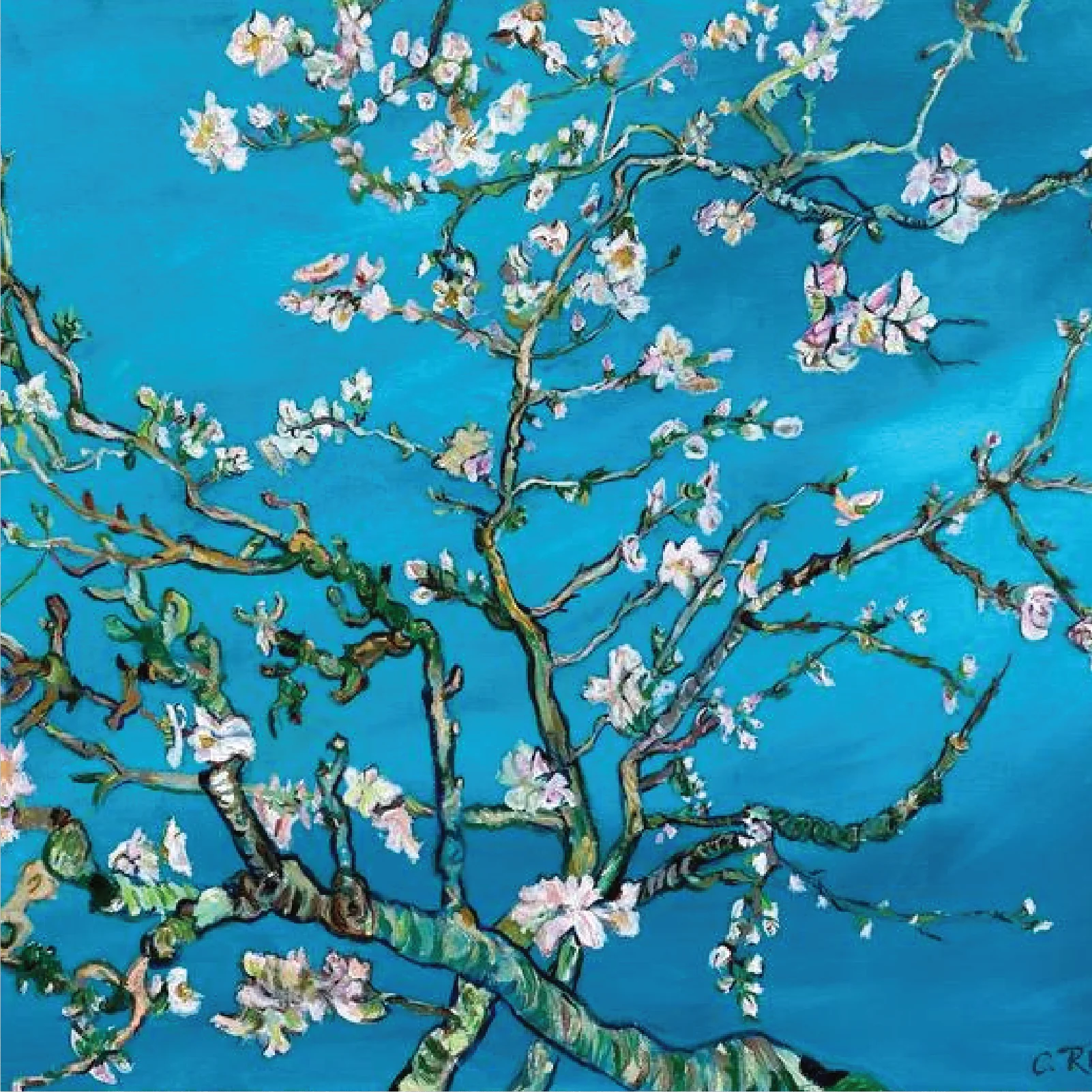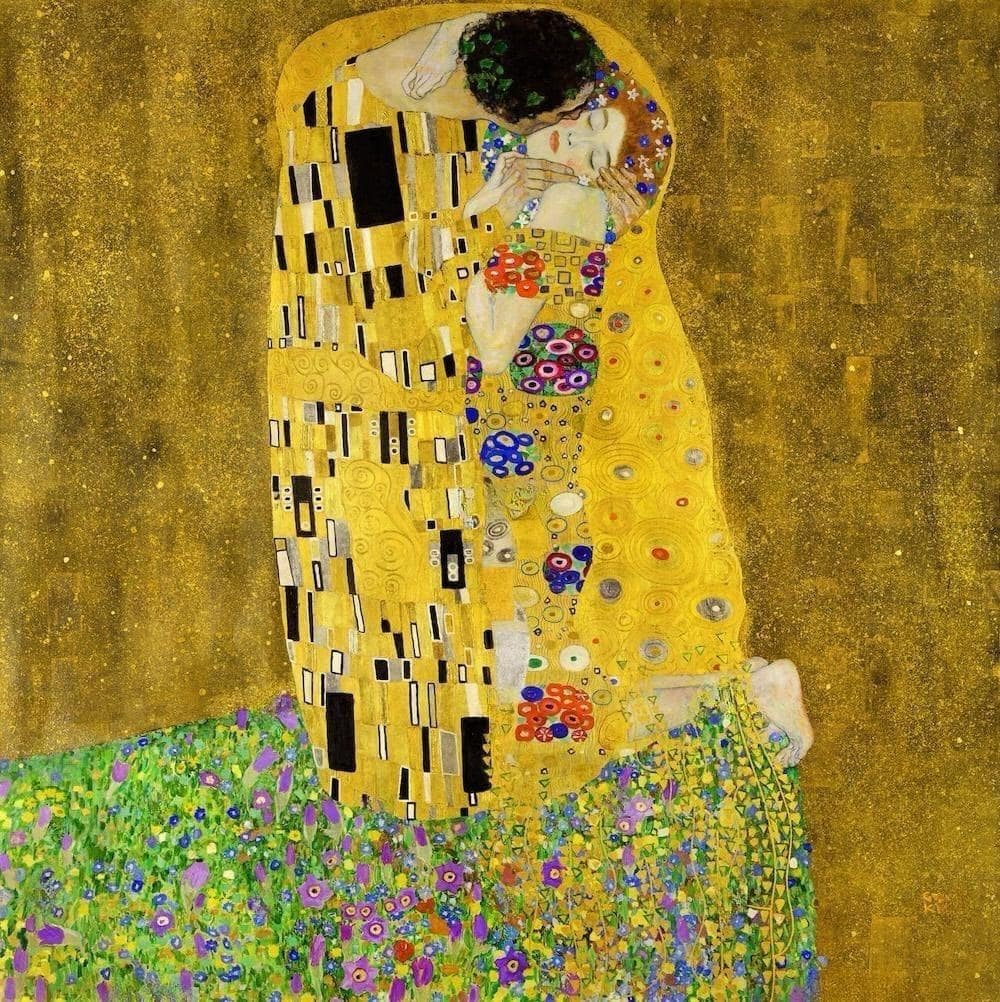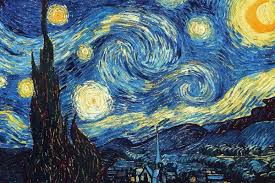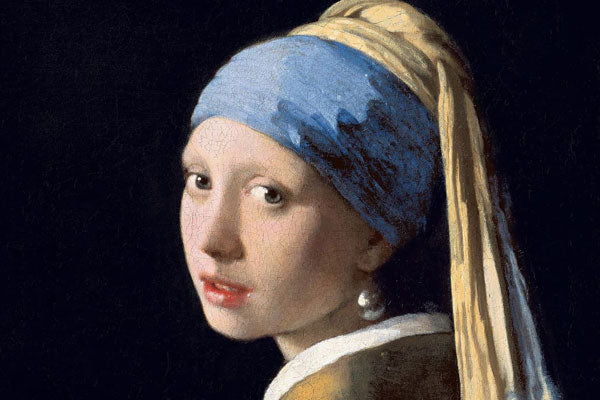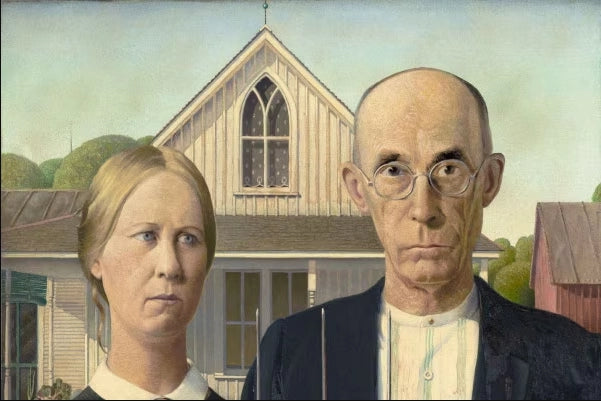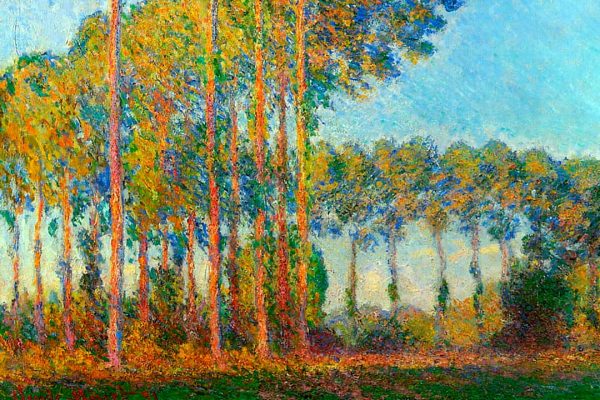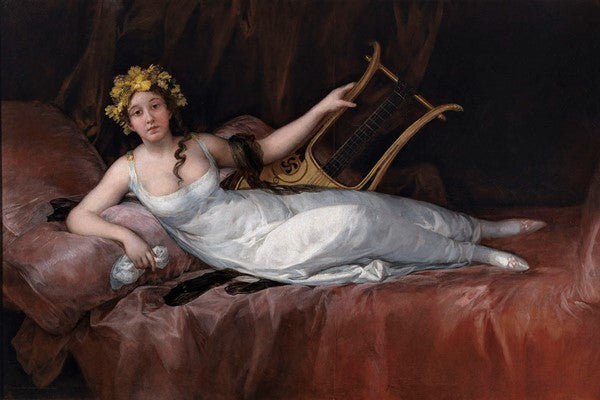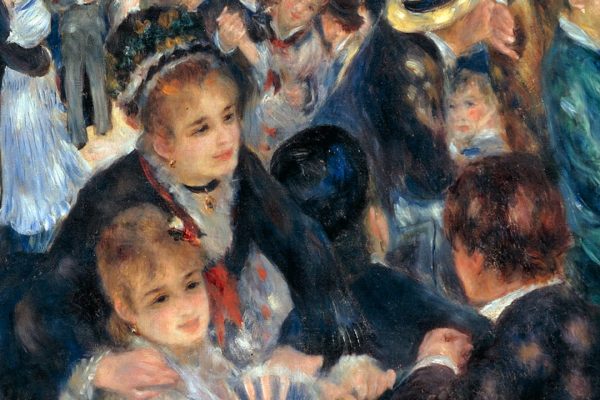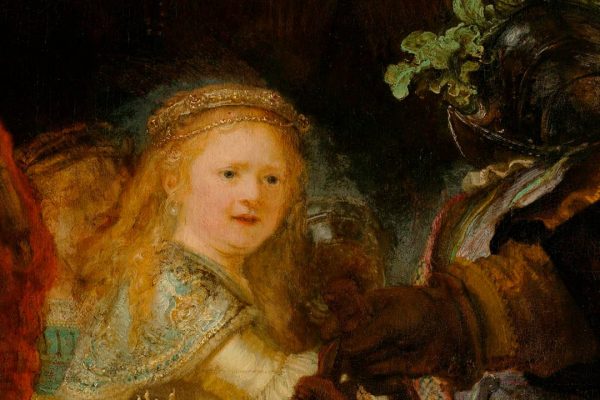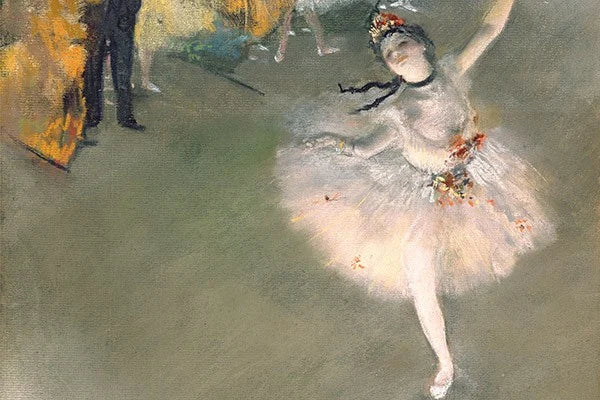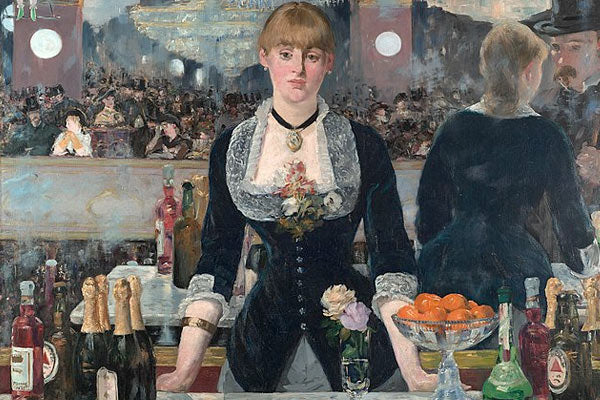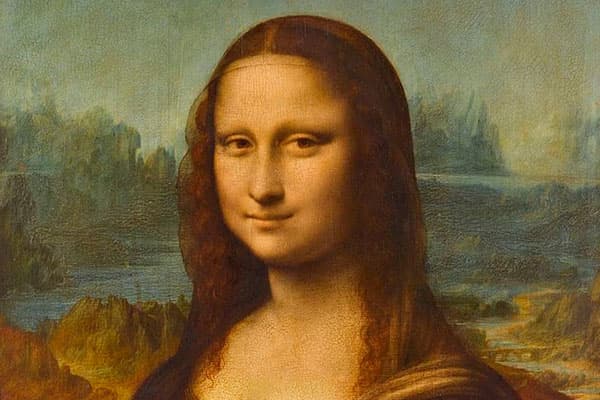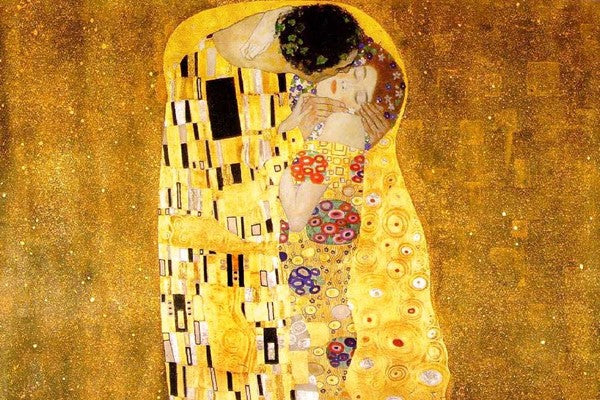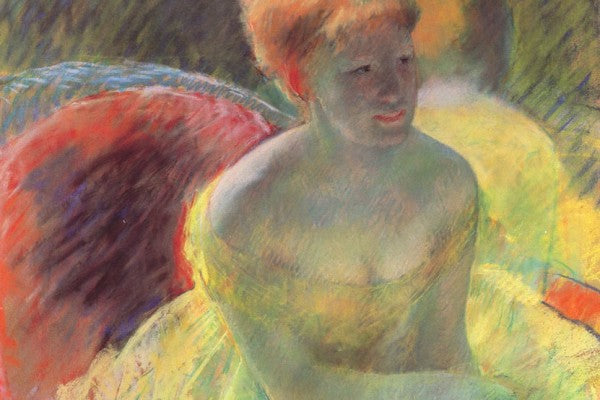Replica art has been a topic of debate among artists, collectors, and legal experts. Whether you are an artist looking to reproduce a famous painting, a buyer interested in owning an art reproduction, or a retailer wondering if it is legal to sell reproductions, understanding copyright laws and intellectual property rights is essential.
Art reproduction exists in a nuanced legal framework that determines when a piece of art can be copied, who owns the rights, and under what circumstances it is illegal to sell. Many artworks in question fall under copyright protection, while others belong to the public domain. In this article, we will explore the legality of replica art, copyright laws, and what it means for artists, buyers, and sellers.
At ART&See, we specialize in creating the best oil-painted reproductions of famous artworks. Our expert artists carefully craft each painting, ensuring that every detail captures the essence of the original artwork.
Whether you are looking for a replica of a famous painting or a custom fine art piece, we offer high-quality reproductions that allow you to own a masterpiece without violating copyright laws.
Understanding Copyright Laws in Art Reproduction

What Does Copyright Protect in Artwork?
Copyright laws safeguard the rights of the original artist, ensuring that no one can reproduce the work or make substantially similar copies without permission. The copyright owner (typically the artist or their estate) has exclusive rights to:
-
Reproduce the work in any form (paintings, prints, digital copies)
-
Create derivative works based on the original painting
-
Distribute copies of the work for sale or public display
-
License the artwork to other parties
These rights prevent copycat artists from making unauthorized reproductions and selling them as genuine pieces.
How Long Does Copyright Protection Last?
In the U.S., copyright protection lasts for the artist’s lifetime plus 70 years. This means that anyone wanting to reproduce the work of a famous artist’s work must obtain a license or wait until the work becomes part of the public domain.
For example, Monet’s paintings are now in the public domain, meaning that artists and companies can freely create and sell reproductions without obtaining permission. However, Disney characters and other modern works remain under copyright protection, making it illegal to sell replicas without proper licensing.
Is It Legal to Create a Replica Painting?
Creating a replica of a famous painting is perfectly legal for personal use. However, selling copies of famous artworks without permission can lead to legal ramifications.
When Is It Absolutely Legal?
-
Public Domain Art: Once a famous artist’s work enters the public domain (typically 70 years after the artist’s lifetime), it is absolutely legal to reproduce and sell reproductions.
-
Personal Use: If an artist copies a painting for practice or decoration and does not intend to work and sell the copy, it is perfectly legal.
-
Substantially Different from the Original: If a new work of art is inspired by an existing one but is significantly different in composition, it may be considered fair use rather than plagiarism.
When Is It Illegal to Sell Reproduction Paintings?
-
If the Artwork Is Still Under Copyright: Selling copies of famous artworks that are still under copyright protection without permission is a violation of copyright laws.
-
If the Copy Is Passed Off as an Original: Attempting to sell a reproduction as an original painting is an act of forgery and may result in criminal charges.
-
If No Licensing Agreement Is Obtained: Many artworks in question require a licensing agreement before they can be marketed and sold.
Legal Ramifications of Selling Replica Art
Selling reproduction paintings without permission can result in:
-
Copyright Infringement Lawsuits – The original artist owns the rights to their work, and unauthorized copies can lead to a lawsuit.
-
Fines and Criminal Charges – Selling counterfeit paintings can result in hefty fines or legal action, depending on the severity of the infringement.
-
Gallery and Museum Bans – Many galleries and museums, including the Musée National Picasso-Paris, strictly regulate the sale and display of replica art.
To avoid legal issues, artists and sellers should consult a lawyer or law firm specializing in intellectual property before attempting to sell reproductions.
How to Safeguard Against Legal Issues in Art Reproduction

Obtain Permission from the Copyright Owner
Before reproducing a famous painting, reach out to the copyright owner to obtain a license. Some estates charge a royalty fee for the right to reproduce the work.
Label Replicas Clearly
To avoid being accused of forgery, all copies of famous artworks should be labeled as reproductions. Adding a copyright symbol, watermark, or artist’s work credit can prevent misunderstandings.
Work with a Trusted Retailer
If you plan to sell reproductions, ensure that your gallery or retailer follows copyright protection laws. Many reputable companies require a licensing agreement before selling art reproductions.
Is Digital Art Reproduction Legal?
With the rise of digital art, many artists wonder if it is legal to create and sell digitally reproduced artworks. The same copyright laws apply to digital works, meaning that:
-
Scanning and printing a famous painting is illegal unless it is in the public domain.
-
Editing an original artwork digitally and claiming it as a new work of art could still be considered copyright infringement.
-
Using AI to generate art based on existing works may raise legal concerns if the output is substantially similar to the original artist's work.
Final Thoughts: Navigating the Legalities of Art Replication
When it comes to art, the legal framework surrounding art reproduction is complex but clear:
-
Selling copies of copyrighted works without permission is illegal.
-
Reproducing a famous artist’s work for personal use is absolutely legal.
-
Copyright protection lasts for the artist’s lifetime plus 70 years.
-
Once in the public domain, an artwork can be freely copied, sold, and exhibited.
Understanding these copyright laws can help buyers and sellers avoid legal ramifications, protect artists' rights, and ensure ethical practices in the fine art industry.
If you are interested in high-quality art reproductions that respect copyright laws, ART&See offers expertly crafted replicas of public domain masterpieces, allowing you to own a timeless piece of art legally and ethically.
